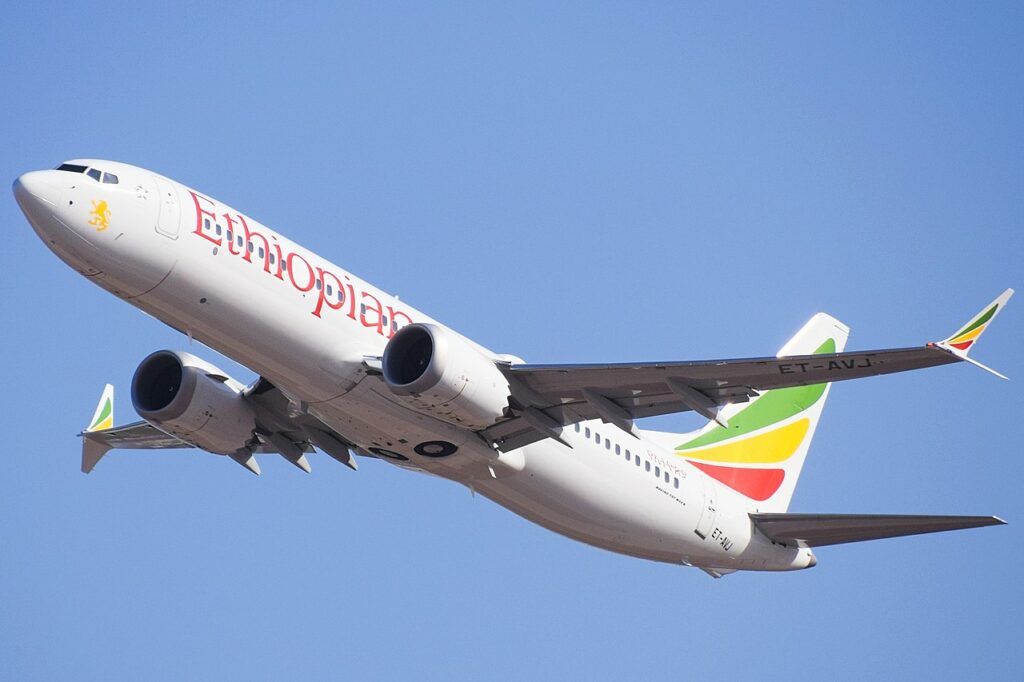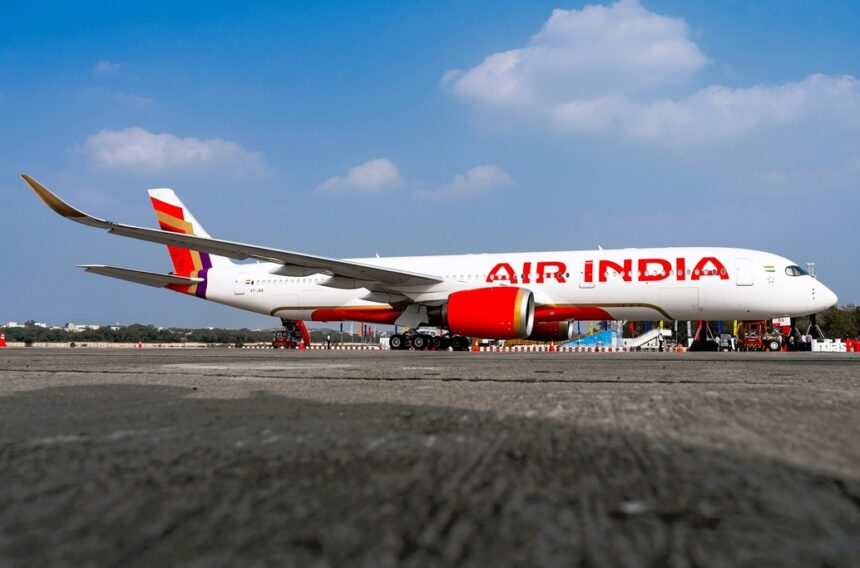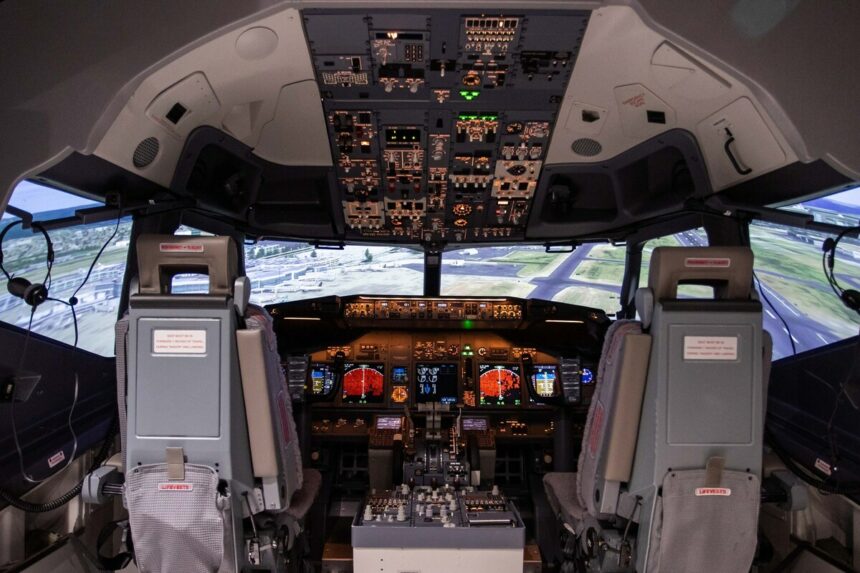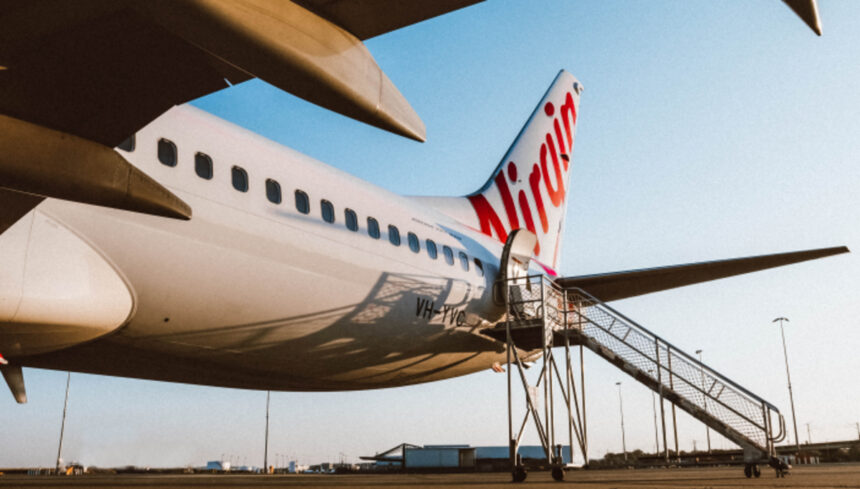On March 10 2019, Ethiopian Airlines Flight 302, a Boeing 737 MAX 8 aircraft, crashed just six minutes after taking off from Addis Ababa Bole International Airport, killing all 157 people on board.
The tragedy sent shockwaves across the world and raised concerns about the safety of the Boeing 737 MAX aircraft, which had also been involved in another fatal crash just five months earlier.
MCAS system
The cause of the Ethiopian Airlines Flight 302 crash was traced back to a software glitch in the aircraft’s automated flight control system known as the Maneuvering Characteristics Augmentation System (MCAS).
The system was designed to prevent the aircraft from stalling by automatically adjusting the angle of the plane’s nose.
However, a faulty sensor reading caused the MCAS to activate repeatedly, pushing the plane’s nose downward, and eventually leading to a fatal dive.



Lion Air Flight 610
The crash of Ethiopian Airlines Flight 302 was not the first time that the Boeing 737 MAX had experienced such a problem.
In October 2018, Lion Air Flight 610, also a Boeing 737 MAX 8 aircraft, crashed into the Java Sea just minutes after takeoff from Jakarta, Indonesia, killing all 189 people on board.
Investigations into the Lion Air crash revealed that the MCAS had malfunctioned due to a faulty sensor, and had forced the plane into a nosedive from which the pilots were unable to recover.
737 MAX grounding
Following the Ethiopian Airlines crash, aviation authorities around the world grounded all Boeing 737 MAX aircraft, and Boeing was forced to suspend production of the planes.
The Federal Aviation Administration (FAA) in the United States, which had initially been slow to act on concerns about the safety of the Boeing 737 MAX, eventually grounded the planes as well.
The grounding of the Boeing 737 MAX aircraft had a significant impact on the aviation industry, with airlines having to cancel thousands of flights and adjust their schedules to accommodate the loss of aircraft.
It also had financial repercussions for Boeing, which faced billions of dollars in compensation claims from airlines and families of the crash victims.


Boeing response
In response to the crashes, Boeing made changes to the MCAS software and added additional safety features to the 737 MAX, including sensors that can detect when the MCAS is malfunctioning and alert pilots.
Boeing also implemented more rigorous pilot training programs to ensure that pilots are better equipped to deal with emergency situations.
Despite these changes, the 737 MAX remains a controversial aircraft, with some aviation experts and members of the public still expressing concerns about its safety.
In November 2020, the FAA lifted the grounding of the Boeing 737 MAX, allowing the aircraft to fly again, but only after a rigorous recertification process and additional safety requirements.


The lessons learned
The crashes of Ethiopian Airlines Flight 302 and Lion Air Flight 610 highlighted the need for better oversight of the aviation industry and more stringent safety regulations.
The tragedies prompted a broader conversation about the role of automation in aviation, and the importance of ensuring that pilots are properly trained to deal with emergency situations.
In conclusion, the crash of Ethiopian Airlines Flight 302 was a tragic event that shook the aviation industry and raised serious concerns about the safety of the Boeing 737 MAX.
The investigation into the crash revealed a serious software problem that had also been present in the earlier Lion Air crash.
While changes have been made to the aircraft and pilot training programs, the controversy surrounding the 737 MAX continues to this day, and serves as a reminder of the importance of safety in aviation.









